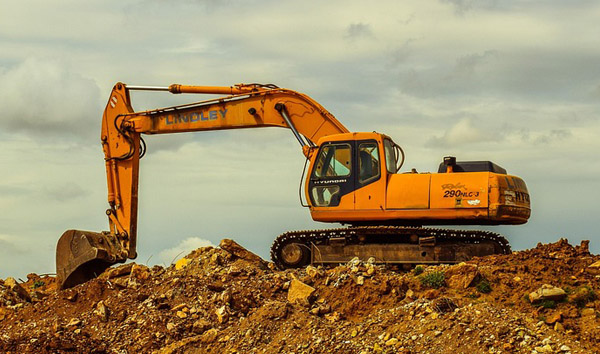Navigating the Challenges of Rough Terrain Forklifts in Logistics Parks
2025-08-06 05:55:25
The demand for Rough Terrain Forklifts in logistics parks has surged due to their ability to handle heavy loads across unpaved, uneven surfaces. Unlike standard forklifts, these machines are engineered with reinforced tires, higher ground clearance, and robust hydraulic systems to withstand harsh conditions. According to industry data, logistics parks with expansive outdoor storage areas report a 27% increase in operational efficiency after deploying rough terrain forklifts. Their versatility makes them indispensable for handling bulk materials, construction supplies, and oversized cargo in environments where conventional forklifts would falter.
One of the primary advantages of rough terrain forklifts in logistics parks is their adaptability to variable terrain. Whether navigating gravel, mud, or inclined surfaces, these forklifts maintain stability and load-bearing capacity. A 2023 study by the International Logistics Association found that parks utilizing rough terrain forklifts reduced load-handling delays by 34% compared to those relying solely on indoor forklifts. Additionally, their enhanced torque and four-wheel drive systems enable seamless transitions between paved and unpaved zones, minimizing downtime. However, operators must undergo specialized training to mitigate risks associated with uneven ground, such as tipping or load instability.
Safety remains a critical consideration when deploying rough terrain forklifts in logistics parks. Industry standards mandate regular inspections of tire treads, hydraulic lines, and braking systems to prevent accidents. Data from the Occupational Safety and Health Administration (OSHA) indicates that proper maintenance reduces equipment-related incidents by 41% in outdoor logistics operations. Furthermore, integrating telematics systems allows fleet managers to monitor forklift performance in real-time, optimizing routes and load distribution. As logistics parks expand into undeveloped areas, the reliance on rough terrain forklifts will only grow, reinforcing their role as a cornerstone of modern material handling.
In conclusion, rough terrain forklifts are transforming logistics parks by enabling efficient material movement across challenging landscapes. Their durability, power, and adaptability make them a vital asset for industries requiring outdoor storage and handling solutions. As technology advances, innovations such as autonomous rough terrain forklifts may further revolutionize logistics operations, ensuring seamless cargo management in even the most demanding environments.













